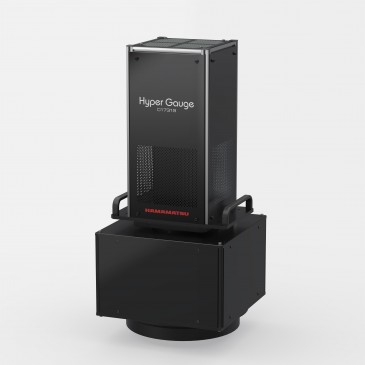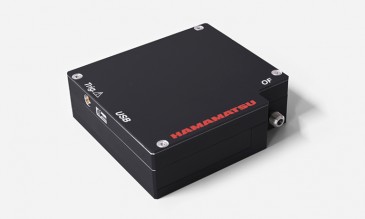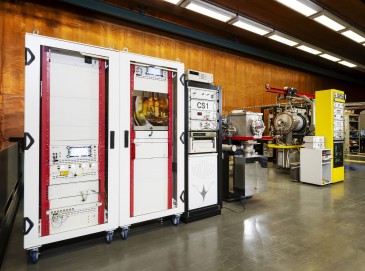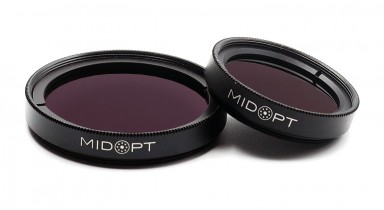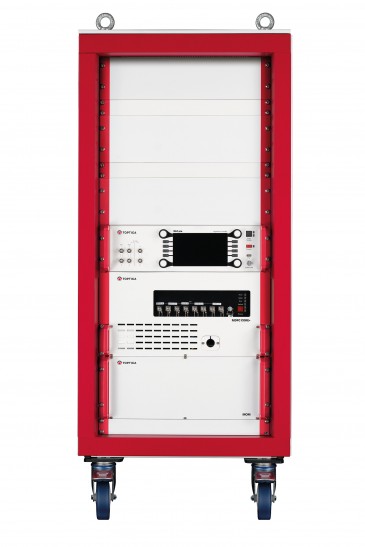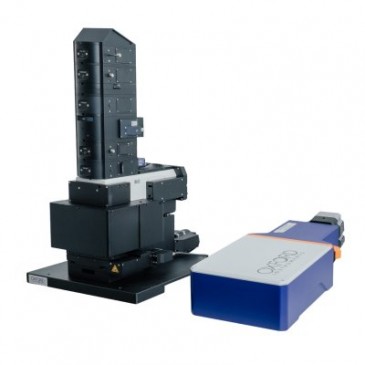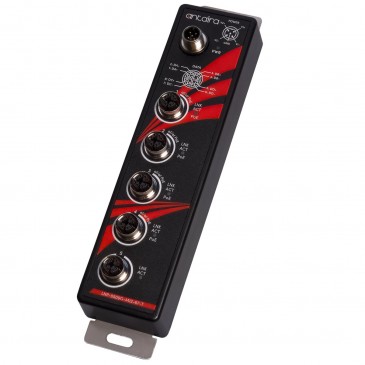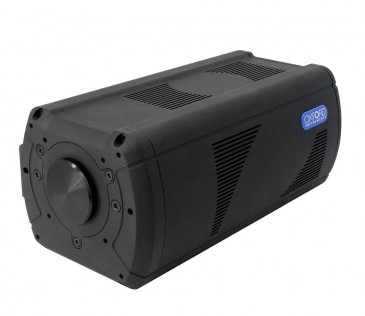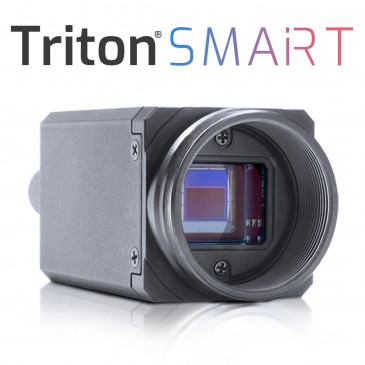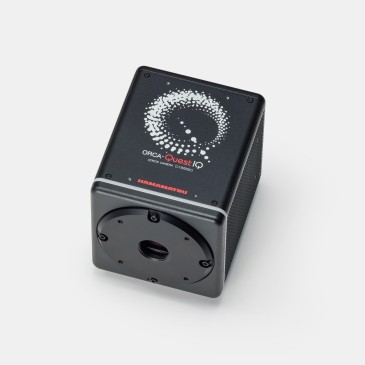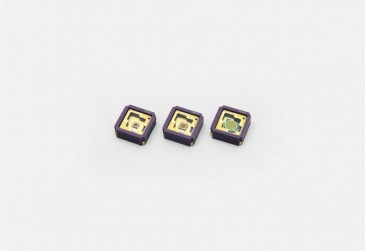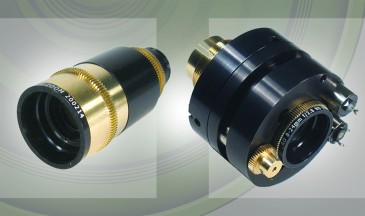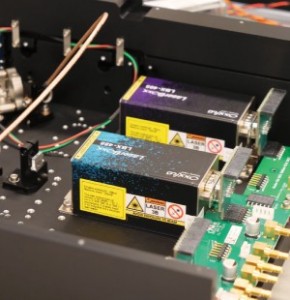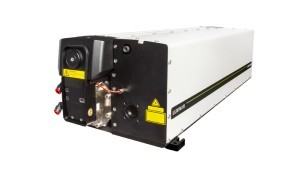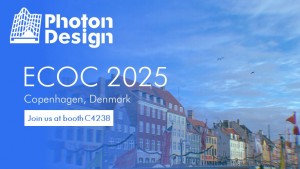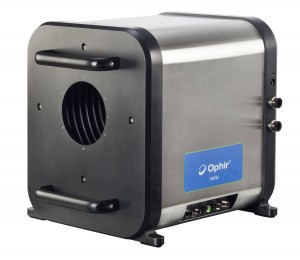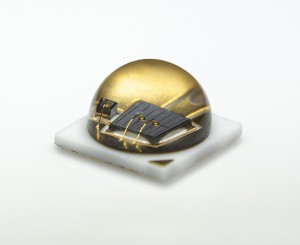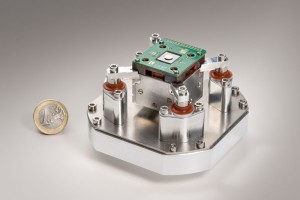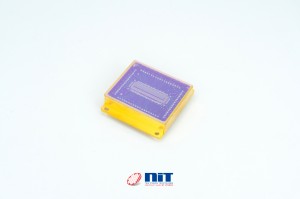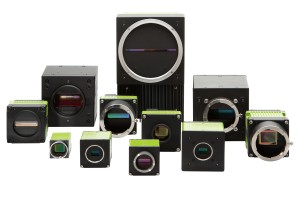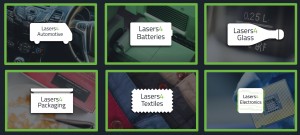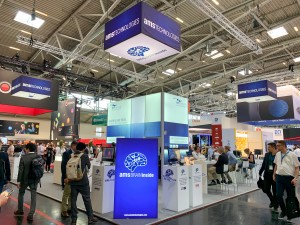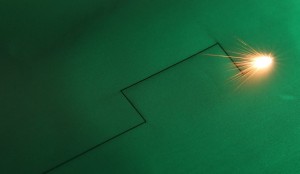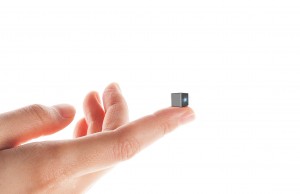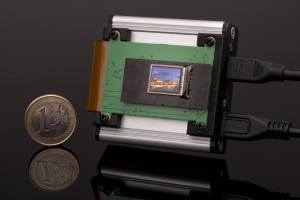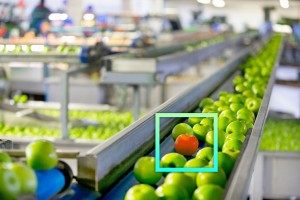
The food and beverage industry has been facing tremendous upheaval. Few industries have felt the effects of the pandemic as much; from huge shifts in consumer demand, to disruption of their supply chain, to packaging material shortages, to shipping and distribution issues. Regardless of the production challenges, food manufacturers must maintain quality. They can’t afford to cut back on quality control because the results would be extreme for a variety of reasons:
- Safety: Misprinted labels can be deadly to the consumer. Inconsistent packaging can lead to lack of trust in the safety of food, resulting in lost revenue.
- Product recalls: These can be catastrophic – not just because of the monetary loss, but the loss of brand credibility.
- Consumer trends: Lack of quality control results in increased waste (which not only costs money but is less sustainable) at a time when consumers are demanding sustainability and transparency in the food supply.
In many food production facilities, human workers are performing the visual quality inspections, while more automated plants often rely on machine vision. But both methods have drawbacks, especially in light of the current challenges. Implementing AI-powered visual inspections can help food manufacturers maintain quality, while being flexible to handle unpredictable and necessary changes in their processes. Here’s why:
Reason 1: Trained visual quality inspectors are not always available given the workforce shortages across manufacturing industry. Typically, human inspectors are only chartered with inspecting a percentage or samples of a food production line, not every product. And it has been documented that human accuracy is only 80% due to fatigue and other factors. With Vision AI performing the quality inspection, a 100% inspection rate can be achieved, and the existing staff can be used to perform other more value-added tasks in the factory.
Reason 2: Traditional machine vision isn’t always a great fit for food inspection. There is a lot of variation in food products that can actually be acceptable: from the natural variation in produce, meat products, and other raw materials, to the distribution of sesame seeds on hamburger rolls, to the way a loaf tin is filled with batter, to different imprints on cookies for seasonal packaging. Managing to make these types of subjective assessments quantitative is very challenging with traditional machine vision. AI can help quantify these subjective/natural variations. It can also help categorize produce into different categories (e.g. produce that you buy in the produce section versus produce that ends up being processed and used in other food products). Vision AI software can lower data requirements and knowledge requirements: if an operator knows the difference between each class by looking at a photo, all they have to do is label those images. And when looking for defects: with vision AI all that is need is to tell what’s good, there is no need to have examples of defective products or each type of defect.
Reason 3: Adding AI to traditional machine vision has historically been too expensive. Creating a custom vision solution for each product/step/process cost a great deal of time and money. With increased consumer demand for traceability, knowing what went wrong and where in the process, is crucial in order to prevent larger problems down the line. Vision AI can help lower the cost of the inspection system and the labor needed to program and maintain the AI inspection. Instead of large software suites and complicated hardware, cameras and software that work best for the application can be used, allowing more inspection points at a lower cost. Vision AI software on the market today can remove the barrier of needing a machine vision expert to program and maintain the system, as well as reduce costs by providing the ability to run on a CPU rather than requiring an expensive, custom computer that is hard to find with current supply chain issues.
Reason 4: With the global supply chain issues that food manufacturers face, many are forced to source from wherever they can, which means that sometimes raw materials do not always look the same now that they are sourcing from different vendors. The packaging might be different, or the component itself might be slightly different. It also means that manufacturers might not have the same relationship with the supplier, so that incoming quality might not be as consistent as it was previously. Therefore, quality control of the raw materials becomes more important to check, but harder to check because of the variation. Vision AI can help create automatic quality inspection and can help get inspection up and running quickly.
Reason 5: The importance of sustainability within the food and beverage industry is in the spotlight more and more, and one area that has gained the most momentum is the reduction of waste. The sooner a problem is caught, the less waste that is produced. This applies to everything from identifying contaminants in raw materials all the way through to incorrect or damaged packaging. A strong quality control process should have the ability identify the root cause of an anomaly or defect. Using Vision AI, this traceability, using the data available already, can help reduce waste from the beginning to the end of the food production line, and in the end, saving the food manufacturer money.
Vision AI can help reduce the barriers of inspection. Fast to train, easy to use, cheap to deploy, manufacturers can inspect early and often by implementing such a solution. This can help them get to the root cause of a problem faster, reduce the overall cost of quality control, improve the safety of their products, and reduce the amount of waste produced. In the end, a thorough quality control process is only good business, and Vision AI can help make that a reality.
Written by Steve Walsh, Vice President of Sales for Neurala






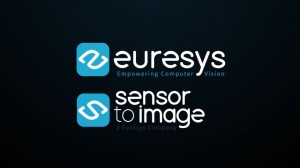
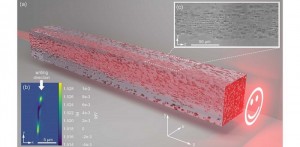
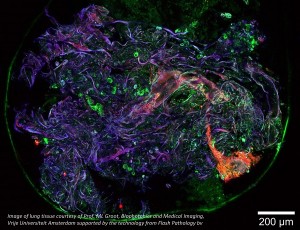

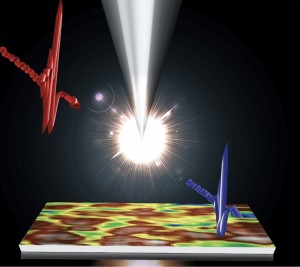
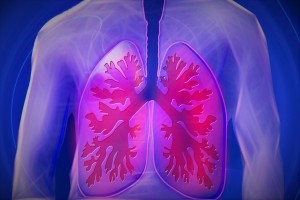
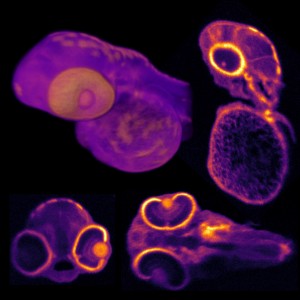




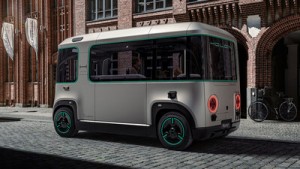
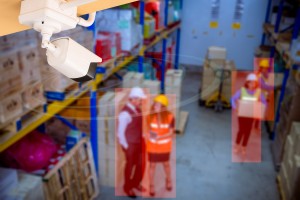


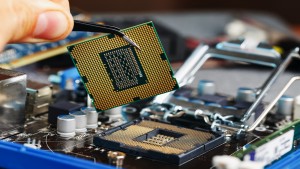

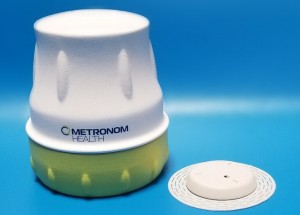




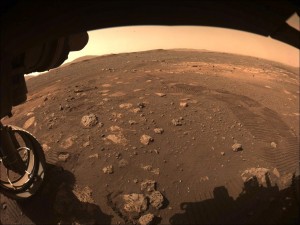
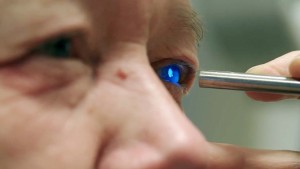

 Back to Features
Back to Features